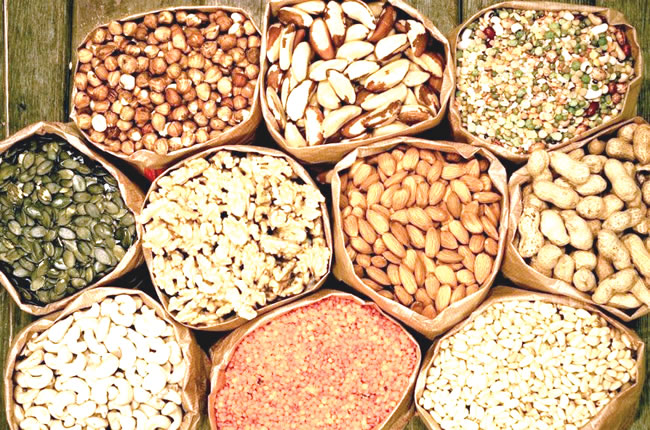As part of an effort to strengthen and further diversify the vegetable sector, a firm, East-West Seed, Nigeria has unveiled new hybrid seed varieties to increase farmers’ yield.
The hybrid varieties include tomato, pepper, pumpkin, water melon, pawpaw among others.
Speaking at the product launch, Exhibition and Seed Fair in Abuja, the Business Development Manager for East West Seed Nigeria, Hadiza Yaro, explained that the launch was targeted at improving farmers’ access to quality seeds and by strengthening marketing and distribution channels to consumer markets.
She said the firm has a mission to improve the income of farmers through high-quality vegetable seeds.
Yaro said the company’s breeders are always researching to see what are the trends in the market, the complaints from farmers, what can they do to improve the existing varieties so that farmers can make more yields to get good income.
“This event is to showcase the invisible work of our breeders because you discover breeders working for maybe 30 years and yet they don’t have one single variety launched into the market.
“Today is hard work for about 15 years because it is not easy to come up with one hybrid,” she said.
She said the company has many agronomists that are working with farmers in the field as part of extension services.
“The event is to offer farmers new innovations that would increase their yield and also bring to them new portfolios that never existed before.
She said: “We have a lot of products in the market but then there are new innovative products coming into the market because of every other smallholder farmer out there.
“You discover more challenges are coming up with climate change, pests, diseases, and then if we want to depend on the old varieties we have, we will not be competitive because things are changing and we should change with time.”
Also, the Director General, Nigeria Agribusiness Group (NABG), Manzo Maigari said there are more to be done to make Nigeria’s vegetable to be competitive.
He said a typical local farmer defecates and urinate around the farm which gets the vegetables infested.
Maigari said the act by farmers which brought the quality of the country’s vegetables down has made a lot of big supermarkets import.
He said the Association for Fresh Foods and Vegetables Export also reached out to the NABG on not being able to export due to high taxes and tariffs.
He added that the NABG has taken that up with the Nigerian Export Promotion Council (NEPC).
“We hope we are going to be able to form a committee that will look at these things because we represent the side of business”, he said.
“This is one of the major problems why our own locally produced vegetables cannot find a market in those spaces. Because nobody trusts our hygiene or vegetables or sanitation is not something that changes our data,” he said.
Speaking further, he commended the effort of East West Seed, Nigeria in coming up with hybrid varieties that would increase farmers yield and income.
He said NABG is working hard to make people do business and make money from agriculture.
“We need Good Agricultural Practices (GAP) certification, because it is the global benchmark for quality, standard. Nigeria has no global GAP, because if you have a global GAP, people will now trust your quality, they will send auditors annually to come and audit your farms and see the practices before they certify it.
“So because we don’t have this it is a major challenge. And so we are working very hard to get that in place.
“We are hoping that the Nigerian National Accreditation system will be upgraded to a full blown agency that will serve as the national accrediting body Nigeria and that will become easy for us,” he added.


